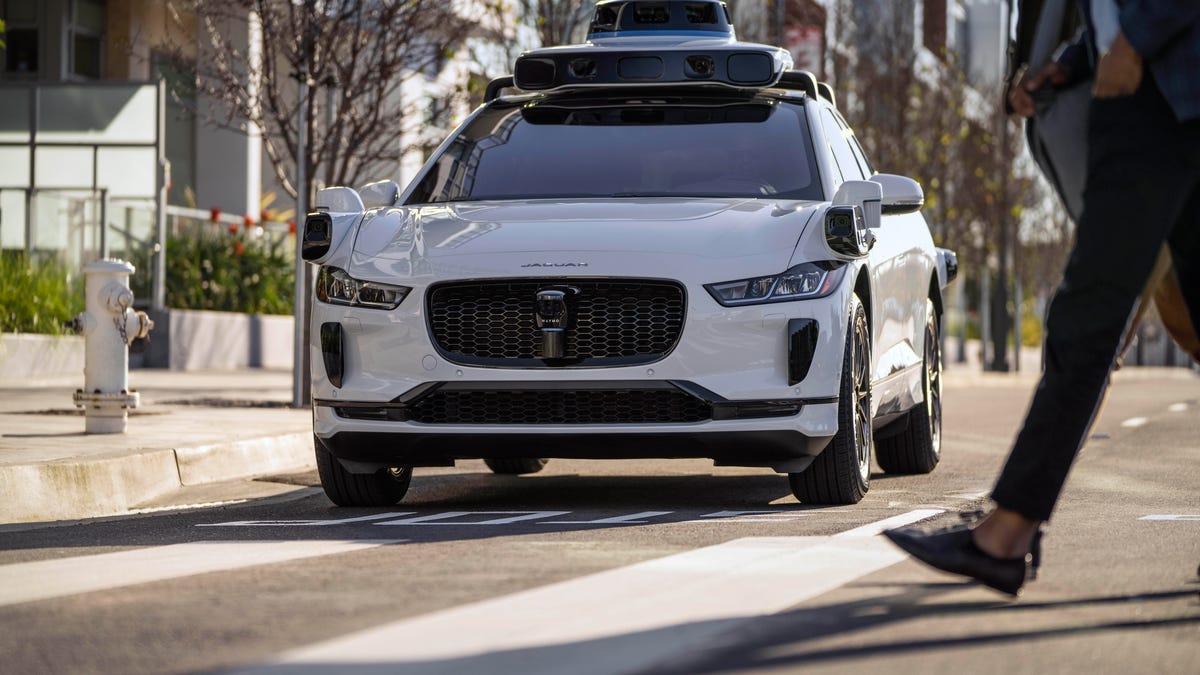UPDATE: Waymo has just announced a major expansion of its robotaxi service, adding Minneapolis, New Orleans, and Tampa, Florida to its growing roster of cities. This latest move signals a significant step forward in the deployment of self-driving technology as Waymo aims to validate its autonomous operations in these new locations, potentially opening them to the public by 2026.
The announcement comes on the heels of Waymo’s recent rollout in five new cities: Miami, Dallas, Houston, San Antonio, and Orlando, where fully autonomous rides are set to begin for employees before the public launch. This expansion doubles the number of cities where Waymo operates without a human driver, now totaling ten.
Waymo’s vehicles, which feature the all-electric Jaguar I-Pace and the newly introduced Zeekr RT, will initially operate with manual driving in Minneapolis, New Orleans, and Tampa. The company plans to transition to fully autonomous operations as it validates its self-driving technology in these markets.
Why does this matter NOW? As Waymo accelerates its commercial expansion, the implications for urban transport are profound. The integration of autonomous vehicles could reshape how residents in these cities navigate their communities, offering an alternative to traditional transport methods. With over 100 million fully autonomous miles logged and more than 10 million paid rides, Waymo is positioning itself at the forefront of the self-driving revolution.
Waymo’s growth strategy also includes enhancing its fleet capabilities. The company plans to open a new, 239,000-square-foot manufacturing facility in the Phoenix area, which will facilitate the production of an additional 2,000 Jaguar I-Pace vehicles. This expansion reflects Waymo’s commitment to scaling its operations as it prepares for the future of autonomous ride-hailing.
“We are entering a new chapter and accelerating our commercial expansion,” Waymo stated in a recent blog post. The company is not only focused on expanding its service areas but is also advancing its technology to ensure safety. According to Waymo’s Safety Impact report, its technology has resulted in 88% fewer crashes leading to serious injuries compared to average human drivers over the same distance.
The expansion is also accompanied by strategic partnerships. Waymo is working with Hyundai to integrate its self-driving technology into the Ioniq 5 SUV and has reached a preliminary agreement with Toyota to explore collaborations on future autonomous vehicles.
Looking ahead, Waymo has plans to enter international markets, recently announcing its entry into London and Tokyo. In London, Waymo aims to begin with manually driven vehicles while laying the groundwork for fully autonomous operations by 2026.
Waymo’s rapid developments underscore a growing trend in autonomous vehicle technology, which is gaining traction across various cities and countries. The human impact is significant; as these services expand, they promise to make transportation more accessible and efficient for millions of urban dwellers.
Stay tuned for further updates as Waymo continues to innovate and expand its reach in the driverless vehicle landscape. For those in the new cities, keep an eye out for the launch of Waymo’s services in the coming years and what they could mean for your daily commute.
